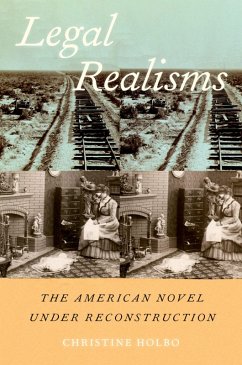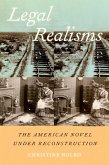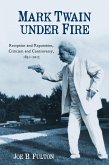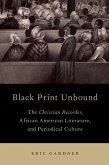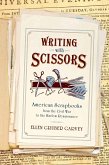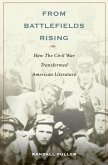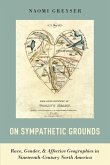United States historians have long regarded the U.S. Civil War and its Reconstruction as a second American revolution. Literary scholars, however, have yet to show how fully these years revolutionized the American imagination. Emblematic of this moment was the post-war search for a "Great American Novel"--a novel fully adequate to the breadth and diversity of the United States in the era of the Fourteenth Amendment. While the passage of the Reconstruction Amendments declared the ideal of equality before the law a reality, persistent and increasing inequality challenged idealists and realists alike. The controversy over what full representation should mean sparked debates about the value of cultural difference and aesthetic dissonance, and it led to a thoroughgoing reconstruction of the meaning of "realism" for readers, writers, politics, and law. The dilemmas of incomplete emancipation, which would damage and define American life from the late nineteenth century onwards, would also force novelists to reconsider the definition and possibilities of the novel as a genre of social representation. Legal Realisms examines these transformations in the face of uneven developments in the racial, ethnic, gender and class structure of American society. Offering provocative new readings of Mark Twain, Henry James, William Dean Howells, Helen Hunt Jackson, Albion Tourgée and others, Christine Holbo explores the transformation of the novel's distinctive modes of social knowledge in relation to developments in art, philosophy, law, politics, and moral theory. As Legal Realisms follows the novel through the worlds of California Native American removal and the Reconstruction-era South, of the Mississippi valley and the urban Northeast, this study shows how violence, prejudice, and exclusion haunted the celebratory literatures of national equality, but it demonstrates as well the way novelists' representation of the difficulty of achieving equality before the law helped Americans articulate the need for a more robust concept of social justice.
Dieser Download kann aus rechtlichen Gründen nur mit Rechnungsadresse in A, B, BG, CY, CZ, D, DK, EW, E, FIN, F, GR, HR, H, IRL, I, LT, L, LR, M, NL, PL, P, R, S, SLO, SK ausgeliefert werden.

